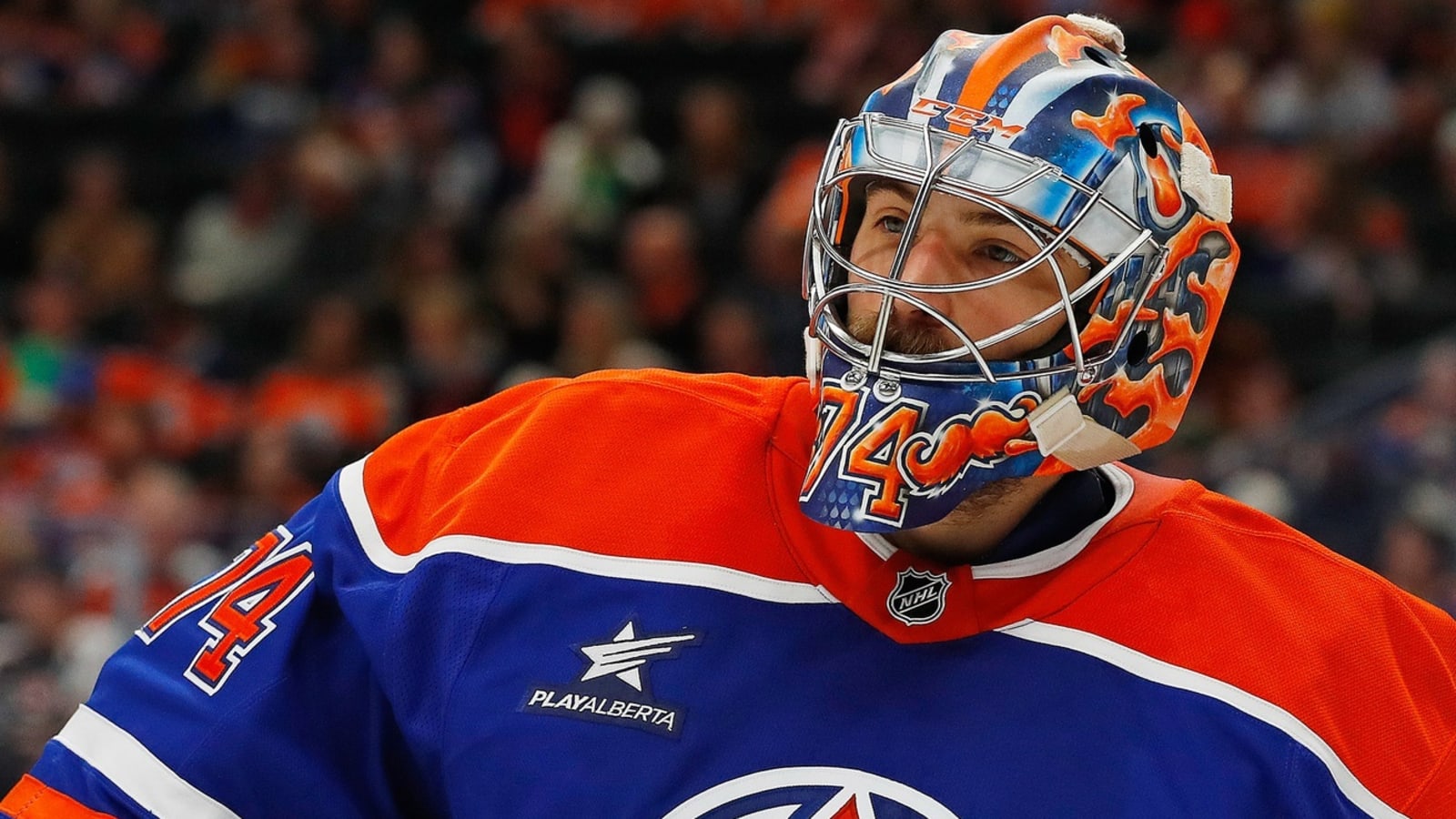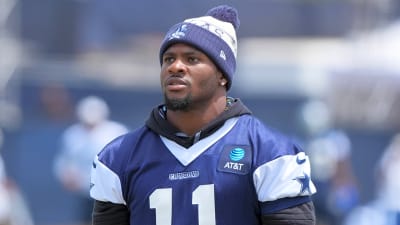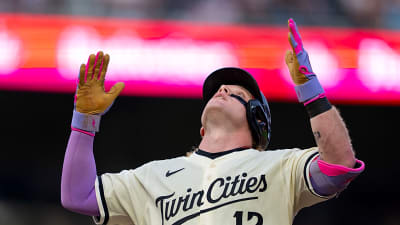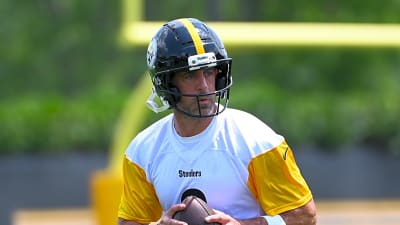
Welcome back to another episode of Ask Dubey! The Oilers have been rolling in their second-round series and have a great chance to close it out Wednesday night.
Let’s dive right into Monday’s game and what a game it was for the Oilers start to finish, Stuart Skinner’s resurgence and the impact Dustin Schwartz has had.
What went right in Game 4?
I think it was really important at the start of that game to come out and show that the disappointing way that game three finished wasn’t going to affect them going forward.
That really had a chance to be a major swing in the series in the wrong direction for Edmonton. If they allowed that kind of negative feeling of disappointment of being so close and having that goal going with 0.4 seconds, not let it trickle into the next game. And they did just that. They came out, they scored a minute and a half into the first period.
They were throwing hits. They were fighting. The crowd was into it. Everything that you could ever want, including huge saves from Stuart Skinner. Now he didn’t have to go in there and steal a game. I talked about that before. That was not his focus was to come in and be solid, be confident, be comfortable.
And that’s exactly what he did. There were 2 or 3 saves in the first period when it was one nothing and two nothing. If those go in regardless of good, good goal, bad goal, because they were great chances, they would have been bad goals. That changes the kind of the complexion of the game. It changes the atmosphere in the rink.
You know, one of those goals is for everybody to take a deep breath. Here we go again. Instead it’s two nothing. He makes a couple great saves. And then he really settles in as the game goes on. He’s making every save. There weren’t a lot of shots his way, but he did everything he could when they were coming. And I think on top of that, one of the most important things for his game, when you’re watching and fans see it, people watching the TV see it, guaranteed.
His teammates see it is just him being comfortable and confident in the net, and that’s all in his movements. So when the puck isn’t just moving around, when it’s down around the net, when the shots come, recover all these movements in and around his crease, the team can feel that, the fans can feel that and he just looks more balanced, more comfortable, more confident in the net.
Even when the pucks were getting to him and you started to get the feel, feeling that one he wasn’t going to get scored on, but also different from before it was, I felt like in the third period that if one did go in, that was going to be it. It wasn’t. It wasn’t going to be this, this onslaught or the damn opening.
It was like, okay, if they get one, if they make a play, that’s okay. Because he looks extremely comfortable there. That was a huge win for Stuart Skinner because as of right now, he’s the goalie for the foreseeable future.

How does Schwartz help Stu get prepared both mentally and physically after sitting for a couple weeks?
This obviously varies from coach to coach, team to team. But, you know, Schwartz will have a relationship with both goalies. And this is a very, very unique situation. A very difficult situation for Skinner to come into. Almost impossible going into game three. You start the playoffs open to everybody who wants your head and your stats are good. You’re not feeling good. Pickard comes in and instantly turns into a hero six and oh can’t do anything wrong. He gets hurt now you get thrown in. And I mean, you talk about an impossible situation and your team’s on a six game winning streak.
Pickard just came off of his best game of the playoffs. And now you’re put into a situation. And on top of that, how could it go any more wrong. They win. The game was 0.4 seconds left. So when you’re dealing with this it’s you’re he’ll be dealing with both goalies differently when picks goes in.
Originally in game three this is more of a conversation of hey, we got nothing to lose here.
You’ve been great for us all year. Keep preparing the way. You’re preparing whatever that is with Calvin Pickard. Go in there and give us what you got. There’s essentially no pressure if you can get him to feel that way, that there’s really no pressure. We need you here. Of course he’s going to feel nervous. Of course he’s going to feel pressure. But that’s kind of the hey, there’s this is a no lose situation you didn’t expect to play. Get in there and give us your best. And he’s done everything plus that he’s been asked for.
Now on the other side of it, now you have a skinner where when you’re not playing and they start winning again, you have to stay on top of your game. And that’s all throughout practice is just getting back, getting that comfortable, confident feeling with Skinner. And that just starts through basic movements on the ice and getting him finding his game back. He has his game and his structure and how he plays and what makes him comfortable. And he’s obviously got away from that a little bit with whether it’s nerves, whether it’s sloppy play in front of him.
We all know the team didn’t play very well in the first couple games, so getting in practice and making sure that he stays prepared for an unfortunate situation like this where, you know, it’s hard because he’s not going in due to bad play. He’s going in and replacing a guy that has lost a game in the playoffs, which obviously bumps the pressure that much more.
So trying to get him to eliminate mentally all of the outside noise, which is harder and harder as the more it piles on. And it certainly was piling on for him and just getting focused on the basics of what Stuart Skinner needs to do to feel good in the net and just go in there and they say one shot at a time.
It is truly one shot at a time, and you build from there and really, really impressive what he did last game to not only come right the ship and get himself a good, solid game, but a 100 percent start to finish, solid game combined with his team. So two very different things. And then obviously you have your own personal relationship with the goalie coach.
Are you strictly focused on ice stuff and skating and all of these things that go on the ice, or do they have a closer relationship where you’re talking a lot more about off the ice stuff and just your thoughts and your mental side of it?
I know my coach in Minnesota was great for me. Bob Mason. I was older coming in and I was always kind of self coaching myself along with my goalie coaches as well, but always trying to learn in my own way. And a big part for me with Bob Mason was being an older guy, just having somebody to talk to about my thoughts, what I’m seeing on the ice, what I’m feeling myself and how to deal with it.
And that’ll be the same thing with these guys. That’s a really important part of being a goalie coach is having the relationship with the player, but obviously knowing the player as a person because they are all people and they all have feelings and they all feel different things that affect them in different ways. So, whatever happened after game three, keep putting that in Stu’s Ears.
Watch Ask Dubey on Oilersnation’s YouTube channel…
More must-reads:
- NHL coaches who have the best chance of success with their new teams
- Tottenham Hotspur star announces unexpected departure
- The '250-strikeout MLB seasons' quiz
Breaking News
Trending News
Customize Your Newsletter
 +
+
Get the latest news and rumors, customized to your favorite sports and teams. Emailed daily. Always free!








